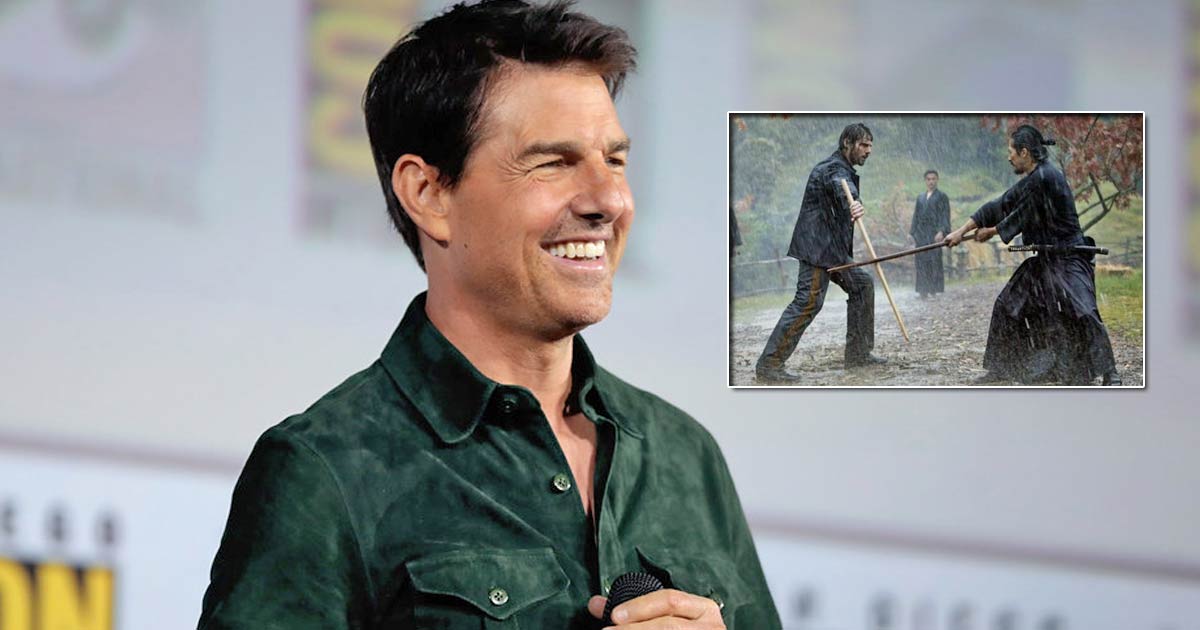Hollywood has long been a battleground for A-list celebrities vying for the top spot in the star-studded firmament, and few rivalries have been as captivating as the one between Tom Cruise and Brad Pitt. While both actors launched into the public eye with their joint appearance in 1994’s Interview with the Vampire, their careers have taken markedly different trajectories, sparking debates and comparisons among fans and critics alike.

Tom Cruise: A Paragon of Longevity and Talent
The essence of Cruise’s sustained success can be traced back to a combination of his unparalleled commitment to his craft and his deep understanding of the cinematic art. Ed Zwick, a distinguished director who has worked extensively with both Cruise and Pitt, provides invaluable insights into what sets Cruise apart. In an interview with IndieWire, Zwick expounded on the unique capabilities of Cruise, emphasizing his profound understanding of filmmaking that extends well beyond mere acting.
“Actors like Tom Cruise and Denzel Washington possess a level of understanding of the art that makes them some of the most helpful people on a set,” Zwick remarked. He shared anecdotes about Cruise’s ability to elevate a script through sheer talent, noting, “The number of times that I recall [Denzel Washington] saying to me, ‘I can act those words.’ In other words, ‘Those words suck, don’t worry, I can do that.’ And he didn’t mean that cruelly.”
Such testimonials underscore Cruise’s proactive involvement in film projects, often contributing in ways that go unrecognized yet are crucial to the film’s success.

The Strategic Mind of Tom Cruise
Further illustrating Cruise’s strategic approach to his career, Zwick shared a telling incident during the development of The Last Samurai. Initially, Cruise rejected the first draft of the script he was presented with—a move that might have ended most actors’ involvement. However, Zwick’s perseverance and Cruise’s open-mindedness led to a second chance. After significant revisions, Cruise reevaluated and ultimately starred in the film, which became a critical and commercial success.
“I rewrote the script in two weeks… I walked back into [Warner production chief] Lorenzo di Bonaventura’s office, put the script on his desk, and said, ‘Here, I’ve rewritten it, you don’t have to pay me. What I want you to do is get this so that we can show this to Tom Cruise again,'” Zwick recounted.
This anecdote highlights not only Cruise’s demand for quality but also his willingness to reconsider projects, a trait that has likely contributed to his many successful film ventures.
Brad Pitt: A Different Path in the Same Industry
While the article does not delve as deeply into Brad Pitt’s career strategies, it is clear that Pitt’s approach contrasts with Cruise’s. Pitt, who has also enjoyed considerable success, appears to take on roles that resonate more with his personal artistic pursuits rather than following a strategic career trajectory. His performances in films like Legends of the Fall and more recently in Once Upon a Time in Hollywood suggest a preference for complex, character-driven roles over blockbuster mainstays.
Why Cruise Continues to Shine Brighter
The comparison between Cruise and Pitt ultimately reveals a difference in career management and role selection. Cruise’s hands-on, meticulous approach to his projects, coupled with his readiness to push the boundaries of his involvement in filmmaking, positions him as a more adaptable and perhaps commercially viable star in the long run.
As Hollywood continues to evolve, the legacies of these two titans will undoubtedly be shaped by their choices and the narratives they choose to embrace. For now, Tom Cruise’s star seems to shine a bit brighter, thanks to his unyielding dedication and strategic mastery of the film industry.

